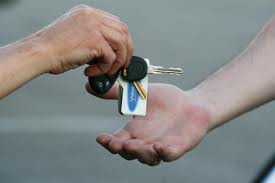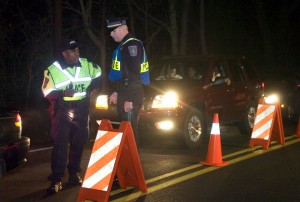Alcoholism in College
College drinking is extremely widespread: about four out of five college students drink alcohol. About half of college students who drink, do so by binge drinking. The first 6 weeks of freshman year is an especially vulnerable time for heavy drinking and alcohol-related consequences because of student expectations and social pressures at the start of the academic year.
College Drinking: Trending Toward Alcoholism in College Students?
A new study shows that 6% of college students meet criteria for a diagnosis of alcohol dependence or alcoholism and 31% meet the clinical criteria for alcohol abuse. The study also found that more than two of every five students report at least one symptom of these conditions, putting them at increased risk of developing a true alcohol disorder.
More than 14,000 students at 119 4-year colleges were surveyed by researchers who then based their findings on these responses. Researches included questions that are based on criteria for the diagnosis of alcohol disorders as set forth by the American Psychiatric Association. Alcohol disorders include alcohol dependence, the most severe, to alcohol abuse, a less advanced, although still serious disorder.
Binge Drinking and Alcoholism in College
Binge drinkers (heavy episodic drinkers) and especially those who frequently binge drink, are at an increased risk of developing one of these alcohol disorders. Heavy episodic drinkers are defined as men who had five or more—or women who had four or more—drinks in a row at least once in a two week period before completing the survey questionnaire. The definition of a frequent heavy episodic drinker is someone who has consumed these amounts at least three times in the previous two weeks.
Further Findings of Alcoholism in College
Students who attend colleges with heavy drinking environments are more likely to be diagnosed with abuse or dependence. Male students are at greater risk than females. Nearly one in 10 college men under age 24 met a 12-month diagnosis of alcohol dependence compared to one in 20 college women under age 24.
Community Impact of Alcoholism in College
Each year, drinking affects college students, as well as college communities, and families. And it’s clear that there is a relationship between alcohol and crime. The consequences of drinking include:
Death: 1,825 college students between the ages of 18 and 24 die each year from alcohol-related unintentional injuries.
Assault: More than 690,000 students between the ages of 18 and 24 are assaulted by another student who has been drinking.
Sexual Abuse: More than 97,000 students between the ages of 18 and 24 are victims of alcohol-related sexual assault or date rape.
Injury: 599,000 students between the ages of 18 and 24 receive unintentional injuries while under the influence of alcohol.
Academic Problems: About 25% of college students report academic consequences of their drinking including missing class, falling behind, doing poorly on exams or papers, and receiving lower grades overall.
Health Problems: More than 150,000 students develop an alcohol-related health problem.
Suicide Attempts: Between 1.2 and 1.5 percent of students indicate that they tried to commit suicide within the past year due to drinking or drug use.
Drunk Driving: Each year an estimated 3,360,000 students between the ages of 18 and 24 drive under the influence of alcohol.
Prevention: Alcoholism in College
Research strongly suggests that prevention strategies geared towards particular groups, specifically individual students, the student body as a whole, the college itself and its surrounding community, can help reduce the frequency and quantity of college drinking.
Sources:




